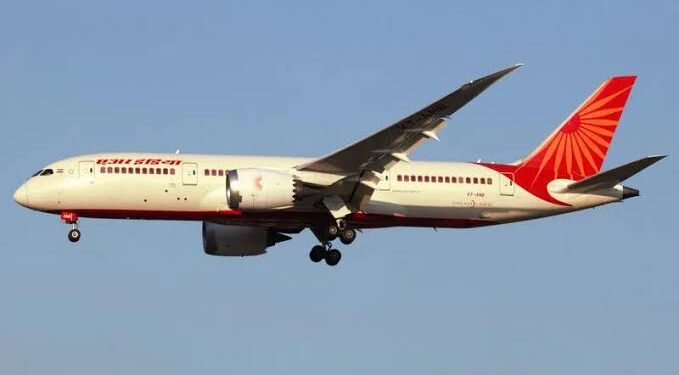Amid heightened scrutiny following last month’s deadly Ahmedabad crash that claimed 260 lives, Air India has completed a comprehensive inspection of the fuel control switch (FCS) locking mechanisms across its entire Boeing 787 Dreamliner fleet, confirming that no faults were found.
An Air India official confirmed the development, stating, “Over the weekend, our Engineering team conducted precautionary checks on all 787 aircraft. The inspections have been completed, and no issues were detected.” The airline also reminded pilots to report any anomalies in the technical log as part of standard safety protocols.
Additionally, Throttle Control Modules (TCM)—of which the FCS is a part—have already been replaced across all Boeing 787-8 aircraft as per Boeing’s prescribed maintenance schedule.
These inspections follow a directive issued Monday by India’s aviation regulator, DGCA, requiring checks on Boeing 787 and 737 aircraft across airlines. The order came in response to the Aircraft Accident Investigation Bureau’s (AAIB) preliminary report into the Ahmedabad crash, which revealed that both engines lost power when the fuel control switches moved from “run” to “cutoff” within one second of each other.
The cockpit voice recorder captured one pilot asking, “Why did you cut off?” to which the other replied, “I didn’t.”
While the AAIB has not assigned blame or issued immediate corrective actions, the report referenced a Special Airworthiness Information Bulletin (SAIB) previously released by the US Federal Aviation Administration (FAA), indicating global concern over the integrity of fuel control systems in certain aircraft models.
Air India has reiterated its commitment to safety and said it will continue to monitor its fleet closely, ensuring full compliance with regulatory guidelines.





























